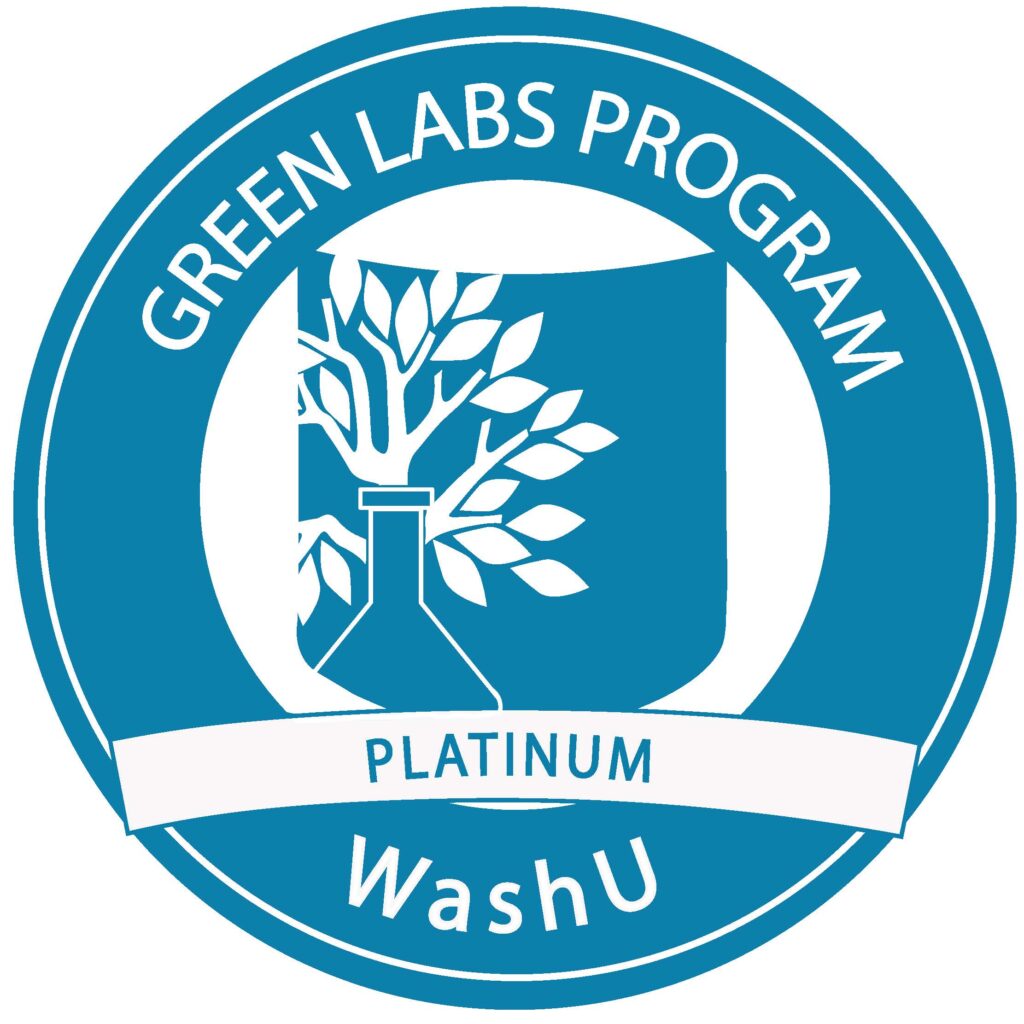The Mission
The Organoid Core promotes collaborative, multidisciplinary research focused on interactions between host and environment in digestive disease. The Organoid Core assists investigators in the culture of human and mouse gastrointestinal epithelial cell organoids to address biological questions relevant to digestive diseases. Organoid modeling supports fundamental investigations into epithelial biology and the translation of basic findings into a clinically relevant system.
Getting Started
Contact us!
Please reach out to us to discuss how we can help you reach your goals and make your tissue culture needs come to fruition.


Matthew A. Ciorba, MD
Co-Director, Precision Animals Models and Organoids Core
Professor of Medicine
Requests for organoid services should be made using the Organoid Core Services form. Submit questions to Naomi or Dr. Ciorba along with a project description.
Services Offered:
Dr. Ciorba will assist DDRCC members with the design and interpretation of experimental studies involving the use of primary gastrointestinal epithelial cell models. He and the Organoid Core staff will provide technical guidance on various spheroid culture techniques and genetic manipulations
The Organoid Core can provide efficient and reliable access to an established biobank of more than 250 human epithelial stem cell lines (stomach, duodenum, ileum, colon) derived from a cohort of more than 170 individuals including healthy controls, and those with GI diseases including Crohn’s and Ulcerative colitis. We have vials each of ileal and colon biopsy-derived organoids from 5 healthy, 5 CD-affected, and 5 UC-affected subjects. These subjects were genotyped using the NIDDK IBD Genetics Consortium’s custom GSA genotyping. Additionally, the Organoid Core will be able to provide DDRCC members with efficient and reliable access to an established biobank of C57BL/6 murine-derived epithelial stem cell lines from across the GI tract (stomach, duodenum, jejunum, ileum, prox/distal colon) and can also rapidly generate new lines from novel mouse models.
The Organoid Core will provide cost-effective, quality-tested L-WRN epithelial culture media and technical guidance regarding culture conditions to select relevant differentiation states for optimal experimental design. Production of other media options is in progress but not yet available. Reagents, such as matrigel, cultrex BME, Y-27632 (ROCK inhibitor), and SB 431542 (TGFbIR inhibitor) are available. Please click here for more info in regards to the 50% L-WRN conditioned media and its QC testing. More information – see citations.
The Organoid Core can provide hands-on training in GI epithelial culture techniques to DDRCC members so that specific experiments can be effectively performed in their own laboratories. Teaching is available for several applications ranging from passaging cell lines with specific details for differences between mouse and human lines, freezing and thawing cell lines, setting up transwells or ALI, crypt isolation from tissue, preparation of fresh frozen blocks, etc.
Wells can be set up with the lines of your choice as 3-D 24 and 12 well sizes or 2-D options as transwells or ALI. The Organoid Core can help with the design of your experiments to ensure an efficient and optimal approach to reaching your goal i.e. how many wells needed for RNA or gDNA collection, etc. Charges are on a per well basis and will be tailored to any additional needs where applicable.
The Organoid Core’s facilities include a Lionheart FX and Biotek Cytation3 cell imaging systems that are available to DDRCC investigators to closely monitor the growth, differentiation, and structure of their organoid cultures. These specially adapted microscope platform scans all wells of standard-tissue culture plates (6-well to 96-well) and stitches montages and/or z-series images of the entire plate, which has been used by investigators to quantify their organoid work. The software performs morphometric analysis of every object in a plate in real-time and, with 3-color fluorescent capability, can thus be used with viability assays, with fluorescent dyes, real-time apoptosis indicators, and fluorescent protein reporters, all of which can be extensively quantified. This system has greatly accelerated phenotyping of organoids/tumoroids/cell lines for measuring patient-specific and tumor-specific characteristics, especially following treatment with small molecules and/or genetic manipulations. Specifically, we have developed methods for monitoring multiple parameters via automated quantitative microscopy of live organoid cultures on the Biotek Cytation3 platform.
Organoid Interest Group
The DDRCC Organoids Core and Gene Editing sponsors an organoids interest group which meets periodically to discuss ongoing experiments, explore new technological developments, and offer feedback for proposed studies. Contact the DDRCC Administrator for inclusion in the mailing list and meeting information.
Citations
VanDussen KL, Sonnek NM, Stappenbeck TS. L-WRN conditioned medium for gastrointestinal epithelial stem cell culture shows replicable batch-to-batch activity levels across multiple research teams. Stem Cell Res. 2019 May;37:101430. doi: 10.1016/j.scr.2019.101430. Epub 2019 Mar 27. PMID: 30933720; PMCID: PMC6579736.
Miyoshi H, Stappenbeck TS. In vitro expansion and genetic modification of gastrointestinal stem cells in spheroid culture. Nat Protoc. 2013 Dec;8(12):2471-82. doi: 10.1038/nprot.2013.153. Epub 2013 Nov 14. PMID: 24232249; PMCID: PMC3969856.
